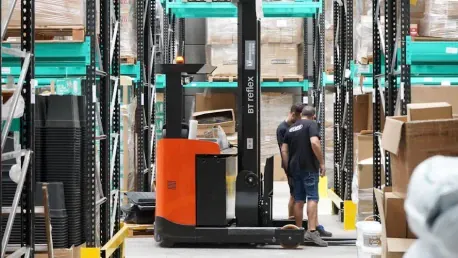
In the rapidly evolving field of logistics, companies seek innovative solutions to enhance efficiency, maximize productivity, and reduce operational costs. SEER Robotics, a leader in smart logistics technology, is poised to make a significant impact in logistics with breakthrough intelligent
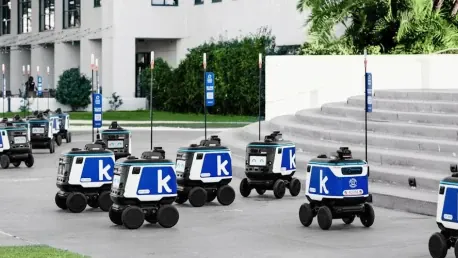
Rohit Laila has decades of experience in the logistics industry, spanning supply chain and delivery. He is also passionate about technology and innovation in the sector. Today, he shares insights into C.H. Robinson's technology strategy, mergers and acquisitions outlook, and freight cycle
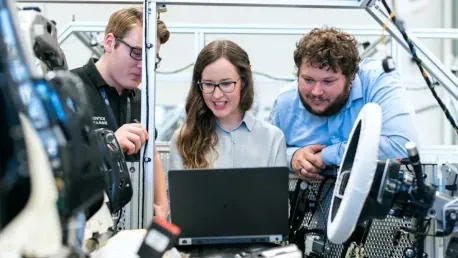
The automotive manufacturing industry is undergoing a significant transformation with the integration of humanoid robots. These advanced robots are revolutionizing production lines by enhancing efficiency, flexibility, and operational safety. The following paragraphs delve into the specific

Dallas Fort Worth International Airport (DFW) is making waves in the air cargo industry with its innovative approaches, sustainability initiatives, and strategic growth plans. The airport is strategically positioning itself as a leader in this dynamic sector, focusing on harnessing technology,
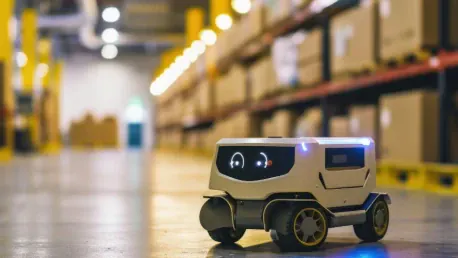
The dynamics of global supply chains today demand that warehouses stand as paragons of reliability and efficiency, particularly within a landscape characterized by increased volatility. The proliferation of enterprise Internet of Things (IoT) technology has significantly contributed to making
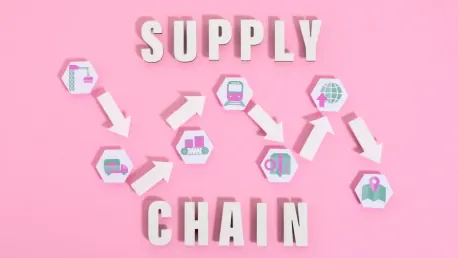
Blockchain technology is revolutionizing supply chain management by addressing critical challenges and enhancing operational efficiency. In the complex world of global trade, blockchain stands out as a revolutionary technology capable of transforming the intricate web of transactions and processes.